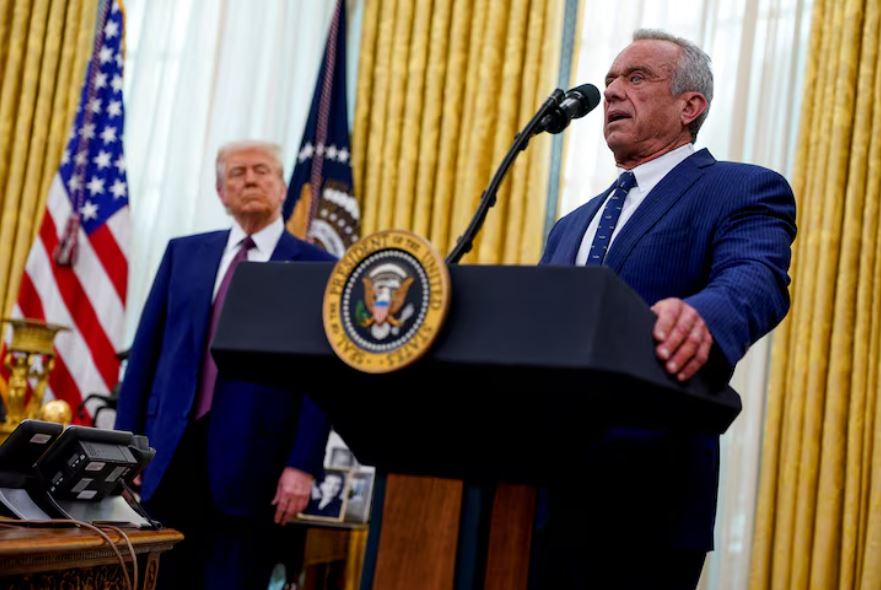- GMP Consulting & Licensing Solutions
- 1-647-234-9148
- info@pharma4u.ca
Trump Layoffs Begin To Erode FDA Drug Review System


The Trump administration’s recent layoffs at the U.S. Food and Drug Administration (FDA) have resulted in the termination of approximately 3,500 employees, including key scientists responsible for reviewing new drugs, vaccines, and medical devices. This significant reduction has raised concerns about the FDA’s ability to maintain public health standards and efficiently approve innovative treatments. Former FDA officials and industry groups warn that these cuts could reverse decades of progress in evaluating advanced therapies, particularly those for rare diseases. In response to these developments, the Senate Health, Education, Labor, and Pensions Committee has invited Health and Human Services Secretary Robert F. Kennedy Jr. to provide explanations for the firings.
The layoffs have affected high-ranking scientists and support staff across various FDA divisions, including those overseeing biotechnology, medical devices, and food safety. While core product review teams remain largely intact, internal disruptions and declining morale may lead to further attrition. Critics have highlighted the absence of a clear plan to maintain the FDA’s functionality amid these changes. Amid backlash, the Department of Health and Human Services (HHS) has indicated that some employees might be reinstated or temporarily retained, but precise plans remain uncertain.
These developments have sparked fears of decreased oversight capability and delays in bringing innovative treatments to market. Former FDA leaders and industry groups warn that these cuts could undermine two decades of progress, especially in evaluating advanced and rare-disease therapies. The Senate Health, Education, Labor, and Pensions Committee has invited Health and Human Services Secretary Robert F. Kennedy Jr. to provide explanations for the firings.
In response to the backlash, HHS has signaled that some employees might be reinstated or temporarily retained, but precise plans remain uncertain. Congressional oversight may intensify, with Senator Bill Cassidy seeking explanations amid fears of backsliding on public health commitments, including vaccine safety.
For more detailed information, you can read the full article here: Reuters